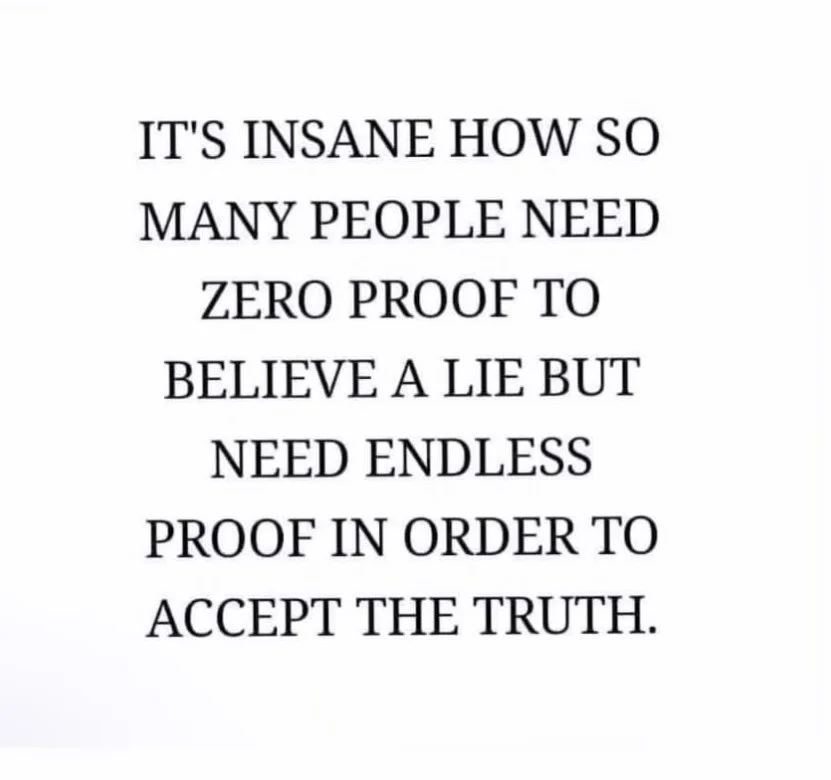The Shadow Side of Depression
There’s a beautiful story about the late Dr. Milton Erickson, a psychiatrist who worked with people through hypnotherapy and the subconscious mind. The story goes that he had been so helpful with one of his patients that the patient asked him if he would be willing to help his aunt, who lived in Milwaukee. Dr. Erickson agreed to visit his aunt, who had been dealing with long-term depression, and in the 1950s, there were not many people who knew how to treat depression.
Dr. Erickson traveled to Milwaukee and met with the woman. When he entered her home, he saw a big stately, dark home. The woman was very wealthy and lived all alone. Dr. Erickson asked to be given a tour of her house. He noticed that she had several African Violet plants in one of the rooms they entered. He asked her about them, and she said that she loved to grow them. It was the only thing that brought her any joy. You see, this woman, while she had every material possession you could want, she was empty. This emptiness showed up as depression. It paralyzed her life, interfered in all of her relationships, and diminished her quality of life so much that she no longer had any interest in leaving her home. Upon seeing her life, Dr. Erickson noticed that she lived solely thinking about her. She didn’t see how beautiful and abundant her life was. He knew exactly how to help.
Dr. Erickson wrote her a prescription. He knew that this woman was deeply devoted to her Christian faith but was not attending church due to her depressed state. His prescription was this: every time there is a birth, death, graduation, an engagement, a wedding, no matter what the event is that had to do with a church community member, she was to take one of the African violet plants, potted into a decorative gift container, and bring that to the family. It was written in the newspapers when she died in the late 60s that thousands of people showed up to her funeral services. It was a most remarkable sight to see.
One thing that happens for folks who have often been dealing with chronic long-term depression is that they get to a place where the only thing they think about is themselves. I witnessed this as I watched some of my clients who are deeply depressed, and they rarely thought of other people. They lacked meaning and purpose in their life. Their life had become so small all they thought about was themselves, their pain, and their suffering.
The thing about depression is that it can feel like this dark cloud that comes over and affects the way we look at our life. When we are in pain, depending on the severity, our capacity to think about other things, or people, is impacted by pain level. The greater the pain, the greater the focus on the pain. The more emphasis is placed on the pain, the narrower the lens. It becomes a cycle of self-absorbing thoughts fixated on hurt, anger, resentment, sadness, and other emotions.
Dr. Ericsson‘s work is genuinely considered brilliant because of the creativity in how he approached working with his patients. He said he thought out of the box. He didn’t follow traditional paths in the psychology and psychiatric fields. Instead, he worked with this idea of utilization. I learned about utilization by attending workshops given by my teachers Bill O’Hanlon, Stephen Gilligan, Richard Yapaco, and more. They taught that Dr. Erickson understood that you could make progress if you worked with what was there and built upon it. This woman had a gift with African violets, so more joy, purpose, and meaning came into her life when she could share something that brought her happiness with others.
Ultimately, it’s a beautiful story of how when we think about other people and are of service to people, that gives purpose and meaning to our lives. We need to participate in our life fully and ironically think more about others and less about ourselves. This is different than self-care. Self-care is a healthy behavior that enables you to be your best self. People who are depressed are often so fixated on their own experience, and only focusing on that makes people feel worse. Dr. Erickson didn’t need to prescribe medication to this woman. She needed to have a reason to wake up and show up for her life. She needs a connection and relationships.
If you’re struggling or have been struggling with chronic, even treatment-resistant depression, consider how you can be your own version of the African violet lady. What could you do to help others? How could you be of service to your community? How could you take the focus off of your pain and on to being of service? I understand that it seems counterintuitive to do something for others when it feels like there’s so much lacking in your own life; however, consider its brilliance. People who give to others report greater happiness and quality of life. Why? Because it always feels good to give.
Best,River






